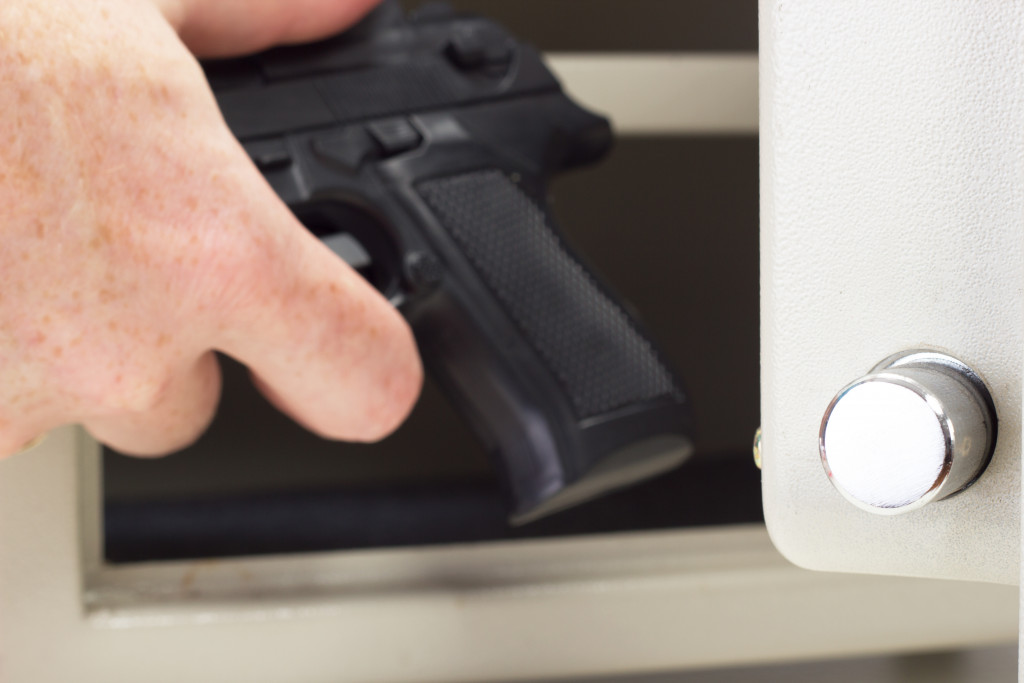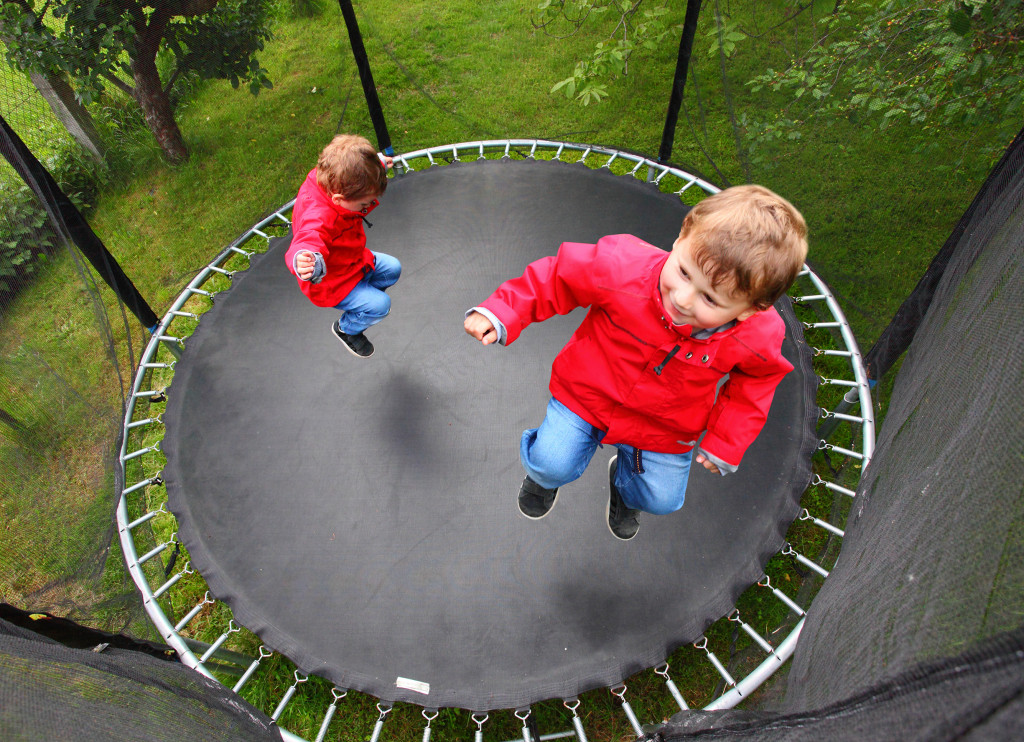It is essential to keep your home environment safe for young children. This means taking precautions to prevent accidents and injuries from happening. Some of the most common hazards in the home include sharp objects, poisonous plants, stairs, and windows. Depending on your child’s age, you may also need special care to childproof your home.
Here are some tips for keeping your home safe for young children.
1. Childproof your home.
You can take steps to reduce the risk of these hazards by childproofing your home. Childproofing involves installing safety gates, covering electrical outlets with plugs, using locks on cabinets and drawers, and more. This also includes making sure that any poisonous plants are out of reach and that there is nothing in your home that could easily hurt a child. Check every room in your house, including the garage and basement, to ensure it is safe.
If your basement is unfinished, it is essential to take extra precautions to ensure it is safe. Hire a professional basement finishing company to childproof your basement and make it safe for your family. Your garage should also be free of any hazards. Keep chemicals and cleaners out of reach, and make sure any tools are stored properly.
2. Keep dangerous objects out of reach.
Sharp objects, such as knives and scissors, can seriously threaten the safety of young children. Keeping these objects out of reach, preferably in a locked drawer or cabinet, is essential. The same goes for any chemicals or cleaners that could be harmful if ingested. If you must keep these items in your home, store them safely and out of reach.
If you have firearms in your home, you must take extra precautions to ensure they are stored safely and securely. Children should never have access to weapons. Consider investing in a gun safe if you have firearms in your home. You should also teach your children about the dangers of guns and what to do if they see one.

3. Keep stairways and windows safe.
Although they can be fun for children to explore, stairways and windows can also be very dangerous. If you have young children in your home, it is essential to keep these areas safe. Install gates at the top and bottom of stairways, and keep windows locked when not in use. It would help if you also taught your children not to play near stairways or windows.
Additionally, consider installing window guards on all windows in your home. This will help to prevent accidents and injuries. You can find window guards at most hardware stores.
4. Teach your children about safety.
One of the best ways to keep your home safe for young children is to teach them about safety. Knowledge is power; the more your children know about safety, the less likely they will be injured in an accident. Teach them about common hazards in the home, such as sharp objects, chemicals, fires, and stairs.
Let them know that it is always best to ask an adult before touching anything in the home that could be dangerous. It would be best if you also taught them how to properly use any safety equipment, such as fire extinguishers, first-aid kits, and smoke detectors. This will help them to be prepared in case of an emergency.
5. Have a plan in case of an emergency.
In an emergency, it is essential to have a safety plan that everyone in your family knows. This plan should include what to do in case of a fire, an intruder, or a medical emergency. Practice this safety plan regularly so everyone knows what to do in an emergency situation.
You should also have a designated meeting place in an emergency. This should be a safe place outside your home where everyone can meet. Choose a spot that is easily accessible and familiar to everyone in your family. If possible, choose an area visible from all exits of your home.
6. Install safety devices.
There are many different safety devices that you can install in your home to help keep your family safe. Smoke detectors, carbon monoxide detectors, and fire extinguishers are all essential safety devices. You should also consider installing security systems and window locks.
Some safety devices, such as smoke and carbon monoxide detectors, require regular maintenance. Be sure to check these devices regularly and replace the batteries as needed. If you have a security system, test it regularly to ensure it works correctly.
By following these tips, you can help to keep your home environment safe for young children. Take some simple precautions and teach your children about safety to help keep them safe from harm. With a bit of knowledge and some effort, you can create a safe and happy home for your family.
